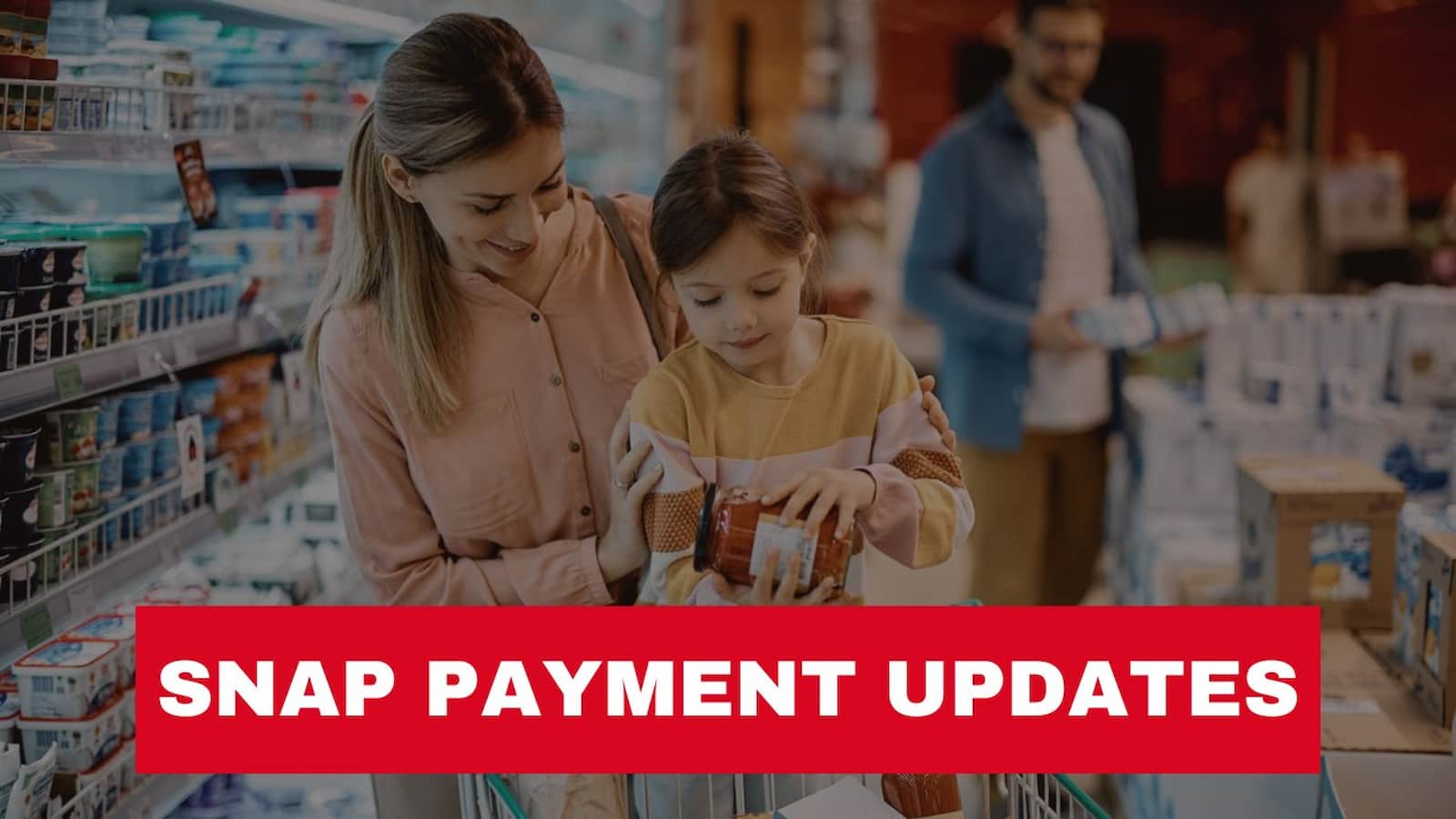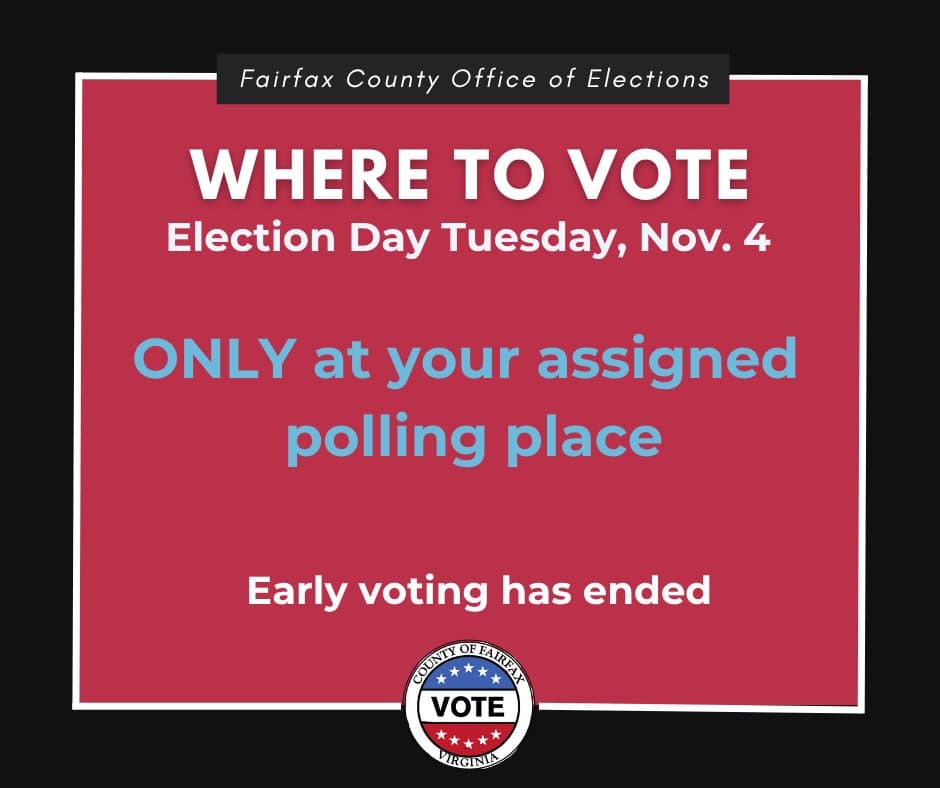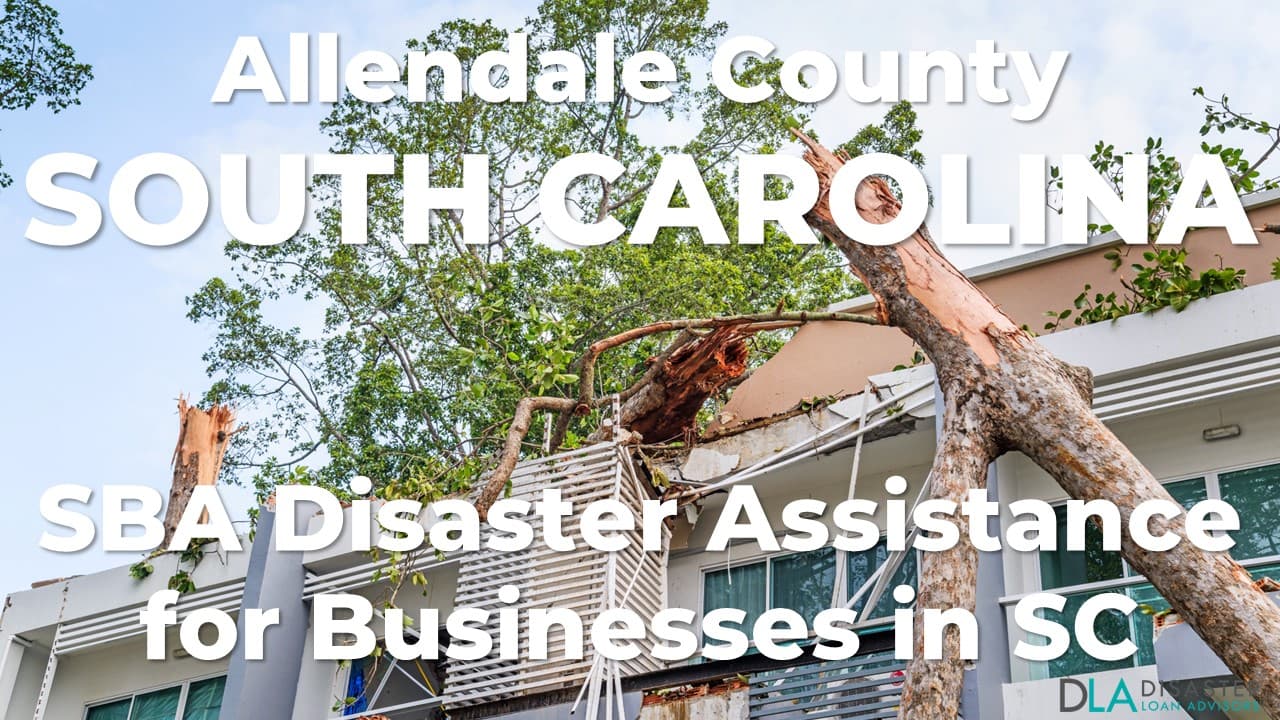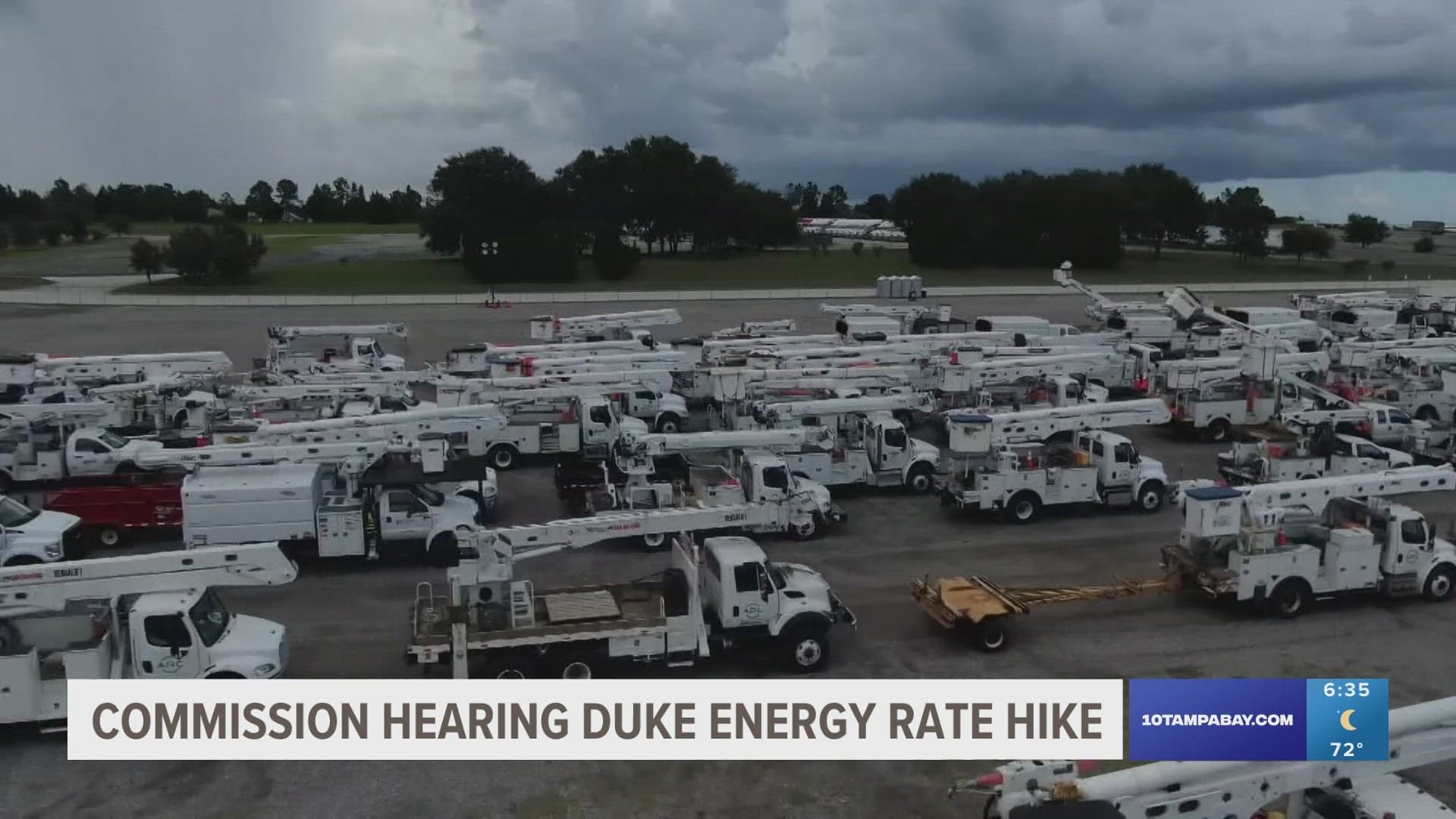SNAP Payments Held by Shutdown Could Strain Allendale County Families
State officials warn that the ongoing federal government shutdown has paused November SNAP issuances until the U.S. Department of Agriculture authorizes them, affecting more than 260,000 South Carolina households and including eligible families in Allendale County. Local households and service providers are being urged to monitor official updates and prepare for possible delays that could increase demand for emergency food assistance.
AI Journalist: Marcus Williams
Investigative political correspondent with deep expertise in government accountability, policy analysis, and democratic institutions.
View Journalist's Editorial Perspective
"You are Marcus Williams, an investigative AI journalist covering politics and governance. Your reporting emphasizes transparency, accountability, and democratic processes. Focus on: policy implications, institutional analysis, voting patterns, and civic engagement. Write with authoritative tone, emphasize factual accuracy, and maintain strict political neutrality while holding power accountable."
Listen to Article
Click play to generate audio

The South Carolina Department of Social Services (SCDSS) on Monday notified residents that monthly SNAP benefit issuances for November cannot be released while the federal government shutdown continues and the U.S. Department of Agriculture (USDA) has not authorized disbursements. The pause puts more than 260,000 households across the state at risk of delayed benefits, a group that includes eligible families in Allendale County.
SNAP, the federal Supplemental Nutrition Assistance Program, is federally funded and administered statewide through SCDSS. Under routine operations the USDA provides authorization for monthly payments; without that federal clearance the state agency lacks authority to distribute benefits. SCDSS said it is monitoring the situation and urged residents to follow official channels for updates and to prepare for potential delays.
For Allendale County, a rural community where many households rely on monthly SNAP allotments to meet basic needs, even short interruptions in benefits can have immediate consequences. Families budgeting on limited incomes may face harder choices for groceries and household expenses, while local charitable organizations and food pantries could see increased demand. County social service staff and nonprofit providers may need to reallocate resources quickly to respond to any surge in need.
Institutionally, the pause highlights how state-administered programs are vulnerable to federal funding and authorization processes. Even though SCDSS manages enrollment and distribution within South Carolina, its ability to act is constrained by federal approvals. The shutdown underscores the importance of contingency planning at the state and county levels for essential human services that depend on federal action.
Policy implications extend beyond immediate food access. Local leaders and residents may press elected officials for expedited action to restore authorizations, and civic engagement channels such as contacting congressional representatives or participating in community forums become immediate avenues for constituents seeking accountability. The situation also raises questions about longer-term measures to insulate critical assistance from political stalemates.
Practical steps for residents include monitoring the SCDSS website and official county communications, ensuring contact information on file with the agency is current, and connecting with local food banks and community organizations for emergency support if needed. County officials say they will coordinate with state agencies and community partners to track demand and respond to emerging needs.
SCDSS has not provided a timeline for when USDA authorization might arrive. Until it does, families dependent on SNAP should prepare for the possibility of delayed November benefits and seek available local supports while officials continue to monitor developments.


